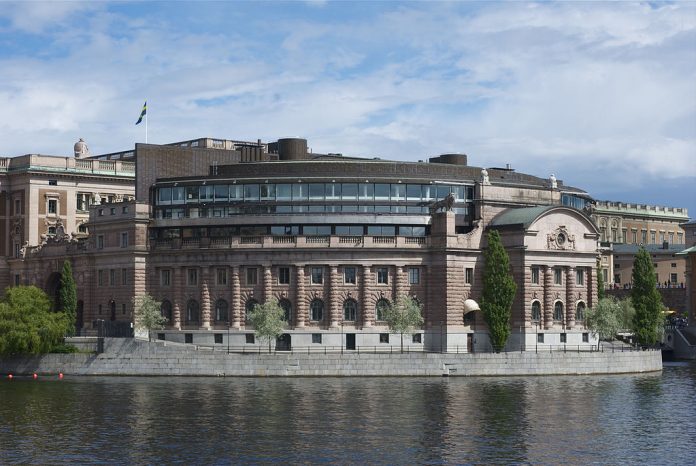Sweden’s upcoming election, slated to be held on September 9, could result in a big victory for the populist, far-right and anti-immigration Sweden Democrats. They could win a possible 20% of the vote.
Mirroring gains made by far-right, anti-establishment parties in Italy, Germany, France, Austria and the Netherlands, the Sweden Democrats have plainly benefited from the 2015 crisis that overwhelmed social services and caused such fury that refugee accommodation centres were set on fire.
Two arguments have been effective, according to Niklas Bolin, a specialist in the radical right at Mid Sweden University. He was quoted by The Guardian as saying: “Immigration is a threat to society, because it’s hard to integrate people with different cultural norms. And the cost is harming Sweden’s welfare state. That economic point has really appealed.”
Both the centre-left and centre-right parties, the ruling Social Democrats and opposition Moderate party, have swung right in response. The outgoing red-green coalition radically tightened immigration rules and suspended family reunifications, cutting the number of arrivals to 26,000 last year. Stefan Löfven, the prime minister, has said the number should halve.
According to The Guardian, a raft of multi-party coalitions looks possible on left and right. The Social Democrats or the Moderates could also form single-party minority governments. Although considered unlikely, Sweden may even see a German-style grand coalition linking the two traditional blocs.
But in most scenarios, some proposed laws will stand or fall on the vote of the Sweden Democrats, forcing the government to at least consider their views. No formal arrangements are yet likely, said Bolin, but “in the long run, bit by bit, it will be impossible not to include them somehow”.
In a separate report, Bloomberg noted that polls are showing SD running second among voters, with backing of about 19%. The Social Democrats are at about 25% and current biggest opposition party, the Moderates, are at 18.7%, according to an average of recent polls.

